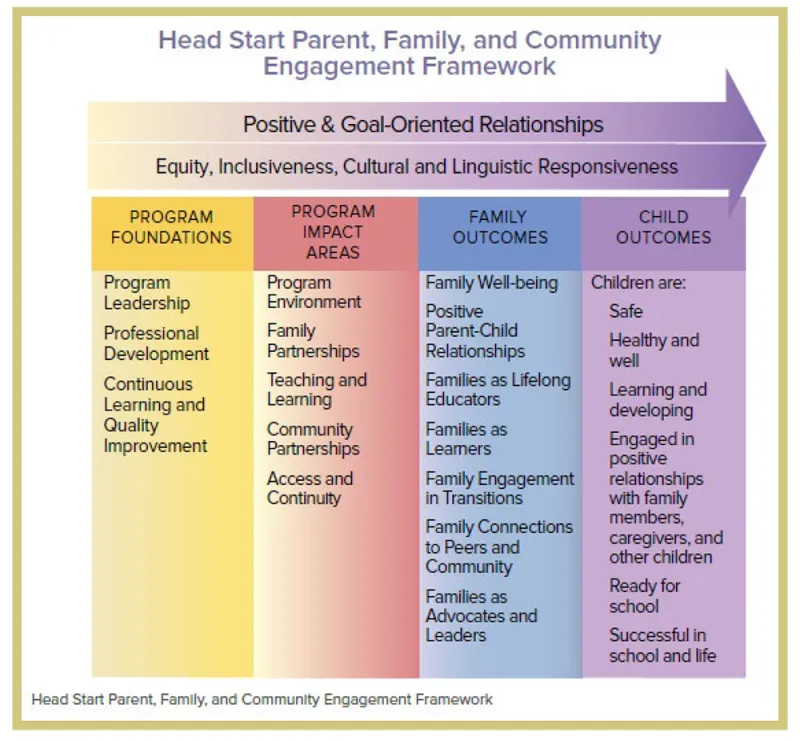A Resource Menu for Family Engagement
(FS2000, Dec. 2020)Family engagement focuses on building positive relationships and supporting children and families. This document provides a menu of resources and organizations for understanding and promoting family engagement in early childhood settings.
